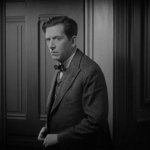 |
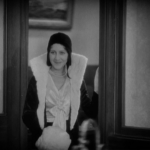 |
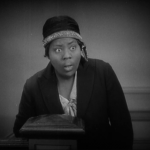 |
| Simon Edward Everett Horton |
Doris / Julia Patsy Ruth Miller |
Easter Louise Beavers |
| Released by Warner Bros. | Directed by Archie Mayo Run time: 69 minutes |
||
Proof That It’s a Pre-Code Film
- “I never spoiled a reputation in my life– male or female!”
- Simon’s maid, a black woman named Easter, is pretty much the only sensible character in the whole damn film.
- “You need extra clothing and I’m willing to give you mine. What else can a strange woman do to begin with?”
- Like a lot of women who break into a man’s house, Doris immediately strips to her delicates and then uses every trick in the book to seduce poor befuddled Simon.
- “Violent love” is soothing and comfortable.
- Plenty of drinking: “If that’s water, boys, then I’m a bull moose!”
Wide Open: Narrowed Down
“I’m going to be a bachelor forever.”
“Yes, sir.”
“Easter– never get married.”
“No, sir.”
“Never.”
“No, sir.”
“You are married, aren’t you?”
“Yes, sir.”
“Well, don’t do it again!”
“No, sir.”
So I’m of three minds when it comes to 1930 movies– either they are surprisingly complex, simply adequate, or creaking along. Wide Open is in the middle there. While it’s no technical disaster and it at least feels like a talkie rather than a silent film with dialogue added, Wide Open struggles to be much more than simply a filmed script.
Edward Everett Horton stars as a meek efficiency expert whose ideas are overlooked at the record distributor he works at. His boss is a bit crooked, and his co-worker/supposed friend mainly just waits for him to show up to gyp him out of money.
In spite of all logic, Horton’s Simon is actually quite a catch. One secretary, Agatha (silent commedianne Louise Fazenda), sends her mother after him for a wedding band. Unfortunately, she’s met with a possible thief whose decided to hide out in Simon’s house, Doris. Doris fakes sick and pushes the easy-to-push Simon into letting her stay. And, because this is 1930, everyone seeing a woman staying the night naturally assume that they must have gotten married. Doris doesn’t make things easier, as her attempts to seduce the fretting Simon are mostly met with panicked screaming and running away.
The film stops a couple of times for musical numbers, and the real reasons for Doris’ nocturnal intrusion is saved for– I kid you not– the last 40 seconds of the film. While Horton spends much of his time arching his back at the sight of either Fazenda or Miller, the film’s most amusing moments come as he gets to banter with Louise Beavers’ Easter, a character who sees herself less as a maid than as a caretaker at an asylum. (In the film’s first minutes, Horton wanders outside in his nightshirt and, only moments later, tries to go to work without his pants on, much to Easter’s consternation.)
Wide Open seems to really be about the suffocating world of marriage, as men are either pigs or cowards and all women are bad– or naughty, at the very least. The norms of the early 30s make it so every woman even slightly insulted feels the need to protect themselves with marriage. Men either cower or manipulate. It’s ugly. It’s silly. The movie knows this and shrugs.
The performances in Wide Open are lively enough, but the film is slow and predictable. It’s not bad or offensive or aggressively dull, but a mildly pleasant diversion that’s a product of its times.
Gallery
Click to enlarge. All of my images are taken by me at full screen size– please feel free to reuse with due credit!
Trivia & Links
- This is really the only thing I could find about this movie:
Awards, Accolades & Availability
- I caught this film over on TCM. Maybe it’ll show up on DVD someday. Maybe it won’t.
More Pre-Code to Explore




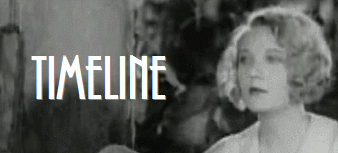


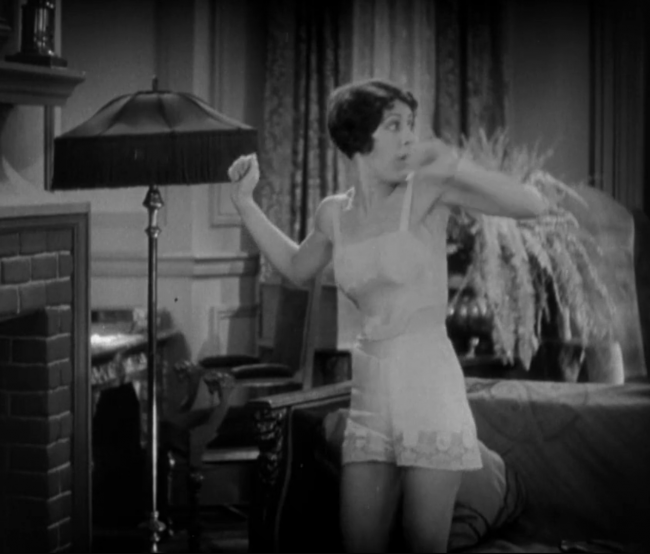
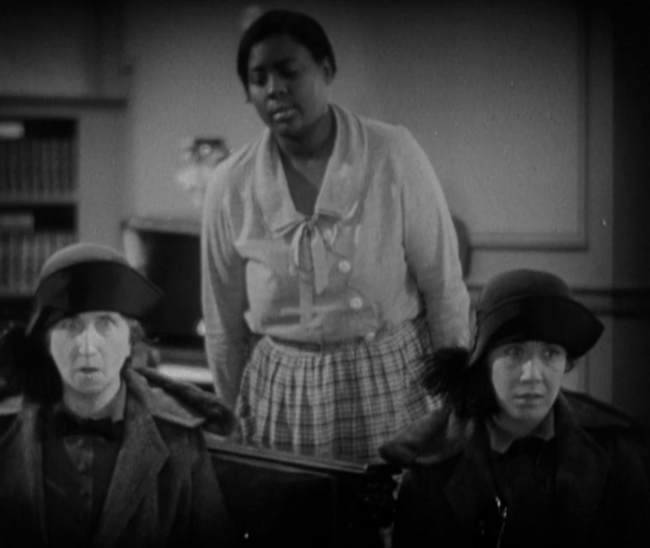
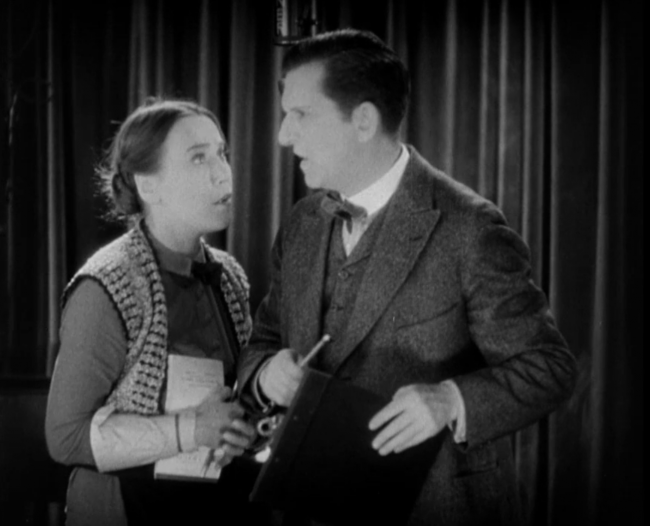
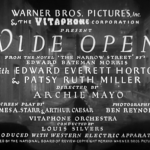
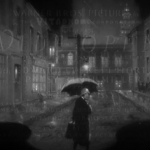
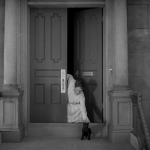
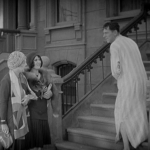
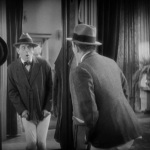

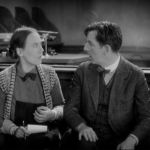
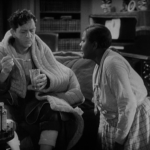
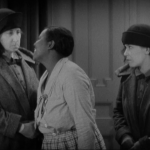

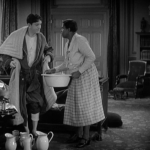
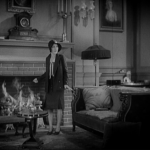
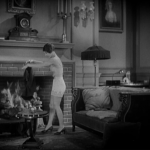
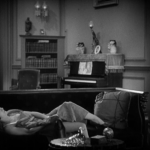
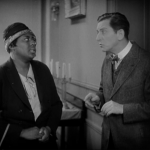
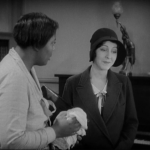
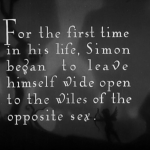
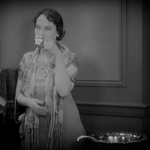

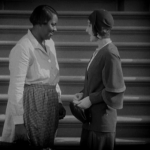
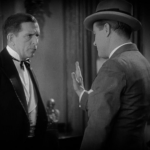
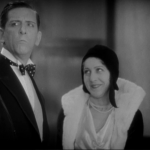
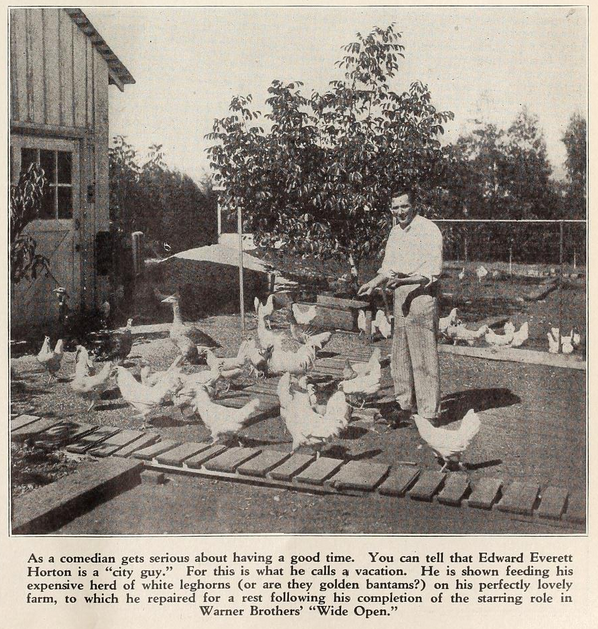

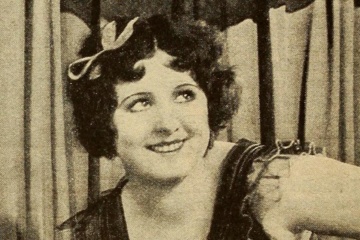
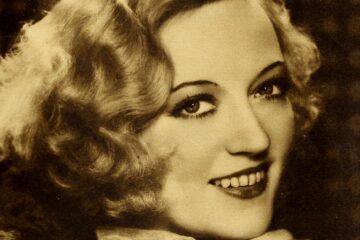
2 Comments
Caren's Classic Cinema · April 11, 2016 at 1:25 am
Saw this at a film festival up in my neck of the woods l believe last year. It was, silly, enjoyable fun and Louise Beavers, like you said, was a highlight. Thanks for the review.
Danny · April 13, 2016 at 3:07 pm
Sure! Glad I’m not the only one who’s seen it. 🙂
Comments are closed.